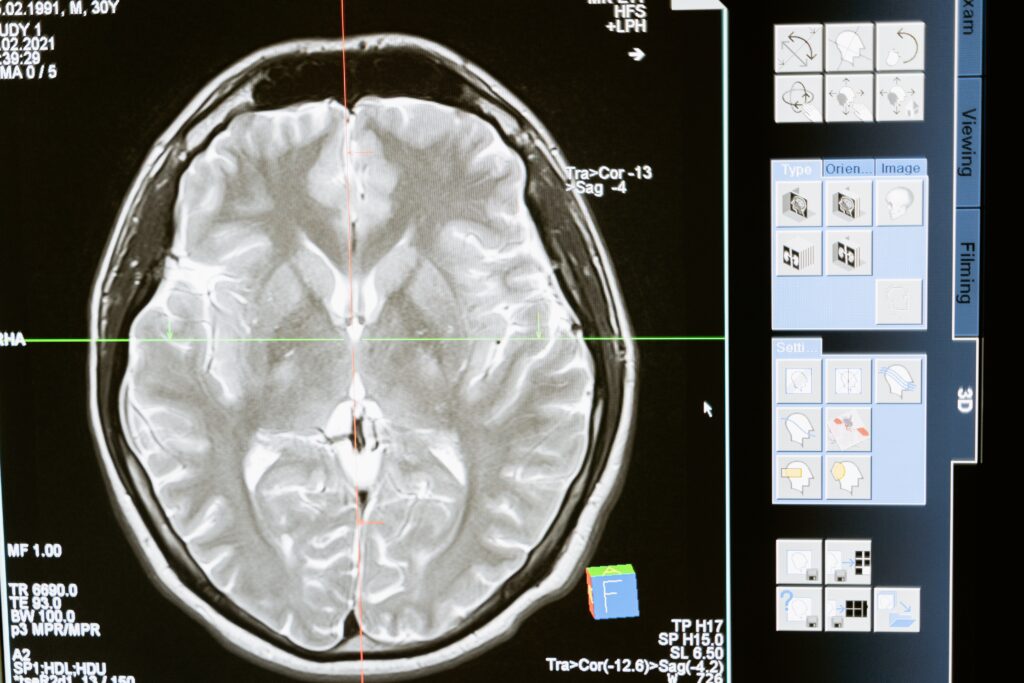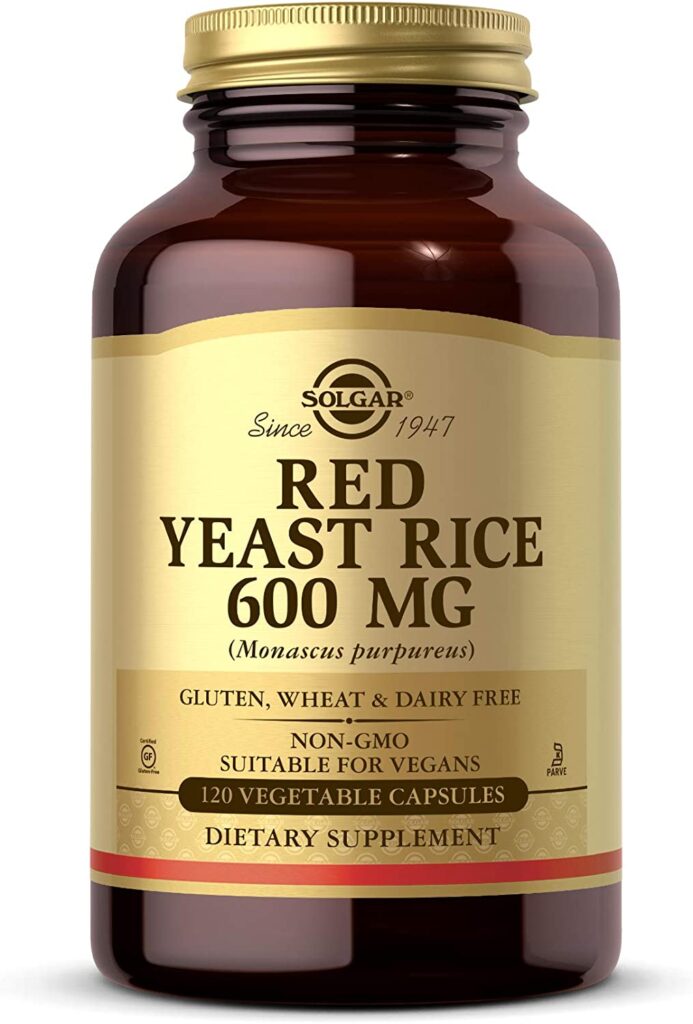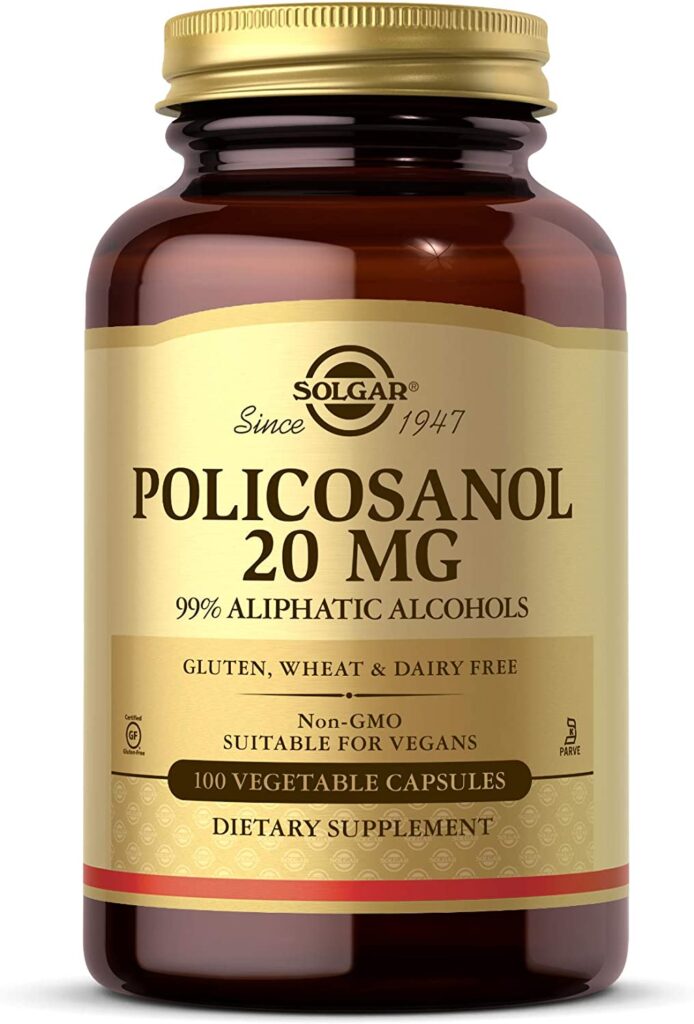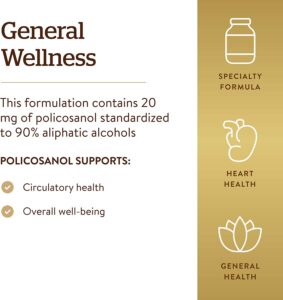What is cholesterol?

Cholesterol homeostasis is vital for proper cellular and systemic functions. Disturbed cholesterol balance underlies not only cardiovascular disease but also an increasing number of other diseases such as neurodegenerative diseases and cancers. The cellular cholesterol level reflects the dynamic balance between biosynthesis, uptake, export, and esterification — a process in which cholesterol is converted to neutral cholesteryl esters either for storage in lipid droplets or for secretion as constituents of lipoproteins. (Luo et al., 2020).
The brain contains the highest level of cholesterol in the body and abnormal cholesterol metabolism links also many neurodegenerative disorders such as AD, PD, Huntington’s disease (HD), and amyotrophic lateral sclerosis (ALS). The blood-brain barrier effectively prevents the uptake of lipoprotein-bound cholesterol from blood circulation. Accordingly, cholesterol level in the brain is independent of that in peripheral tissues. Because cholesterol metabolism in both peripheral tissue and the brain are quite different, cholesterol metabolism associated with neurodegeneration should be examined separately from that in peripheral tissues. (Jin et al., 2019)
How does cholesterol affect our brain?
There is a huge demand for efficient strategies for maintaining cognitive wellbeing with age, especially in the context of population aging. Dementia constitutes the main reason for disability and dependency in the elderly. Identification of potential risk and protective factors, as well as determinants of conversion from MCI to dementia, is therefore crucial. In case of Alzheimer’s disease, the most prevalent dementia syndrome amongst the members of modern societies, neurodegenerative processes in the brain can begin many years before first clinical symptoms appear.

First functional changes typically mean advanced neuron loss, therefore, the earliest possible diagnosis is critical for the implementation of promising early pharmaceutical interventions. (McFarlane and Kędziora-Kornatowska, 2020).
How does cholesterol affect people with Alzheimer’s and other dementia?
Alzheimer’s disease (AD) is the most common form of dementia and it is characterized by the deposition of amyloid-β (Aβ) plaques and neurofibrillary tangles in the brain. However, the complete pathogenesis of the disease is still unknown. High level of serum cholesterol has been found to positively correlate with an increased risk of dementia and some studies have reported a decreased prevalence of AD in patients taking cholesterol-lowering drugs. Years of research have shown a strong correlation between blood hypercholesterolemia and AD; however, cholesterol is not able to cross the Blood Brain Barrier (BBB) into the brain. Cholesterol lowering therapies have shown mixed results in cognitive performance in AD patients, raising questions of whether brain cholesterol metabolism in the brain should be studied separately from peripheral cholesterol metabolism and what their relationship is.

Physical activity is one of most effective way to reduce Cholesterol
Unlike cholesterol, oxidized cholesterol metabolites known as oxysterols are able to cross the BBB from the circulation into the brain and vice-versa. The main oxysterols present in the circulation are 24S-hydroxycholesterol and 27-hydroxycholesterol. These oxysterols and their catalyzing enzymes have been found to be altered in AD brains and there is evidence indicating their influence in the progression of the disease. (Loera-Valencia et al., 2019).
The best ways and products to reduce cholesterol

Pharmaceutical Drugs
Statins are the most widely prescribed FDA-approved cholesterol-lowering medications and they have been used as therapies for many cardiovascular illnesses. Statins can be classified according to their solubility as lipophilic or hydrophilic: among the lipophilic statins are lovastatin, simvastatin, atorvastatin, Fluvastatin and pita vastatin, while the hydrophilic ones are rosuvastatin and pravastatin. These compounds block the conversion step of 3-hydroxy-3-methylglutaryl-coenzymeA (HMG-CoA) to mevalonate by inhibiting HMG-CoA reductase and thus inhibiting the biosynthesis of cholesterol. Statins target the liver leading to decreased intracellular levels of cholesterol in hepatic cells and also reduce the generation and entry of LDL cholesterol into the circulation and up-regulate LDL receptor activity.
Among their multiple pleiotropic effects, statins increase the production of vasodilators such as prostaglandin I2 and nitric oxide (NO) and decrease the production of vasoconstrictors, therefore enhancing blood perfusion. They also prevent the release of pro-inflammatory matrix metalloproteinases (MMP) and cytokines, including TNF-α, IL-1β and IL-6, thus producing an overall anti-inflammatory effect.
Finally, statins have been shown to improve the endothelial function of atherosclerotic vessels and by inhibiting NADPH oxidase they may contribute to generating an antioxidant effect. Simvastatin and Atorvastatin treatments have been shown to ameliorate inflammation and memory deficits in vivo in APP/PS1 transgenic mice and in mice injected ventricularly with Aβ, respectively.
Natural Products

Nutritional intervention has become an important component of lifestyle intervention in this population. Fish oil, which mainly consists of the marine omega-3 polyunsaturated fatty acids (n-3 PUFAs) eicosatetraenoic acid (EPA) and docosahexaenoic acid (DHA), has been suggested to reduce weight in adults. (Wu et al., 2021)
Although the two fatty acids have traditionally been considered together, as though they were one entity, different physiological effects of EPA and DHA have recently been reported. New oils containing a higher quantity of DHA compared with EPA, such as fractionated and concentrated fish oil, tuna oil, calamari oil and microalgae oil, are increasingly becoming available on the market, and other oils, including those extracted from genetically modified oilseed crops, soon to come. (Ghasemi Fard et al., 2019)

Regular consumption of adequate quantities of lipids rich in omega-3 fatty acids is claimed to provide a broad spectrum of health benefits, such as inhibiting inflammation, cardiovascular diseases, diabetes, arthritis, and ulcerative colitis. Lipids isolated from many marine sources are a rich source of long-chain polyunsaturated fatty acids (PUFAs) in the omega-3 form which are claimed to have particularly high biological activities. Functional food products designed to enhance human health and wellbeing are increasingly being fortified with these omega-3 PUFAs because of their potential nutritional and health benefits.(Ghasemi Fard et al., 2019).
However, food fortification with PUFAs is challenging because of their low water-solubility, their tendency to rapidly oxidize, and their variable bioavailability.
Recommended Supplements on market

Heart Health; Red Yeast Rice has been a part of the traditional Chinese diet for centuries to support heart health
Organic Fermented Monascus Purpureus Yeast; Red yeast rice is the by-product of the fermentation of cooked rice combined with Monascus purpureus yeast



Promotes cardiovascular, joint and immune system health
Molecularly distilled to remove mercury and other harmful contaminants
Gluten, wheat and dairy free
Highest Quality Standards:USP Water Filtration, HEPA Air Filtration


The point of view of your article has taught me a lot, and I already know how to improve the paper on gate.oi, thank you.